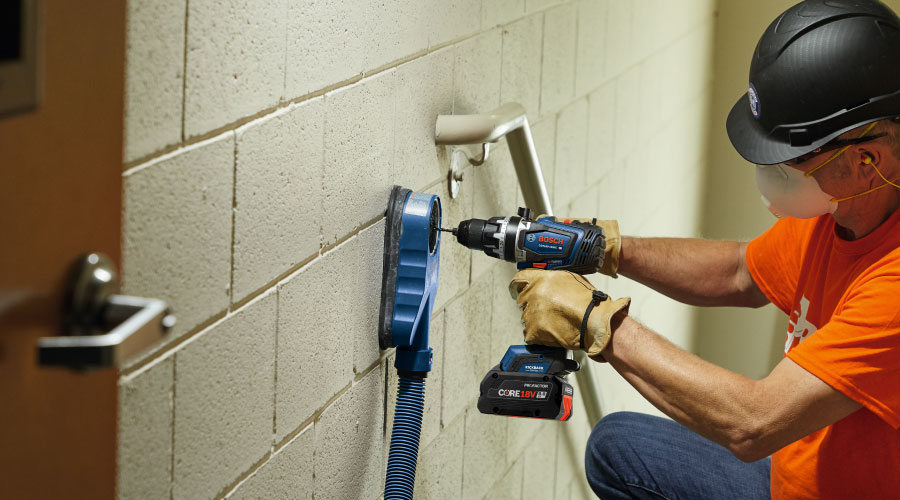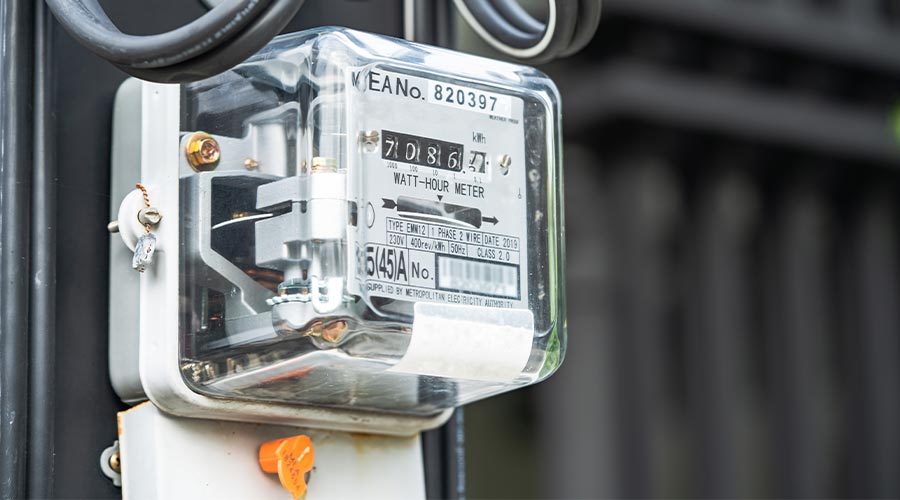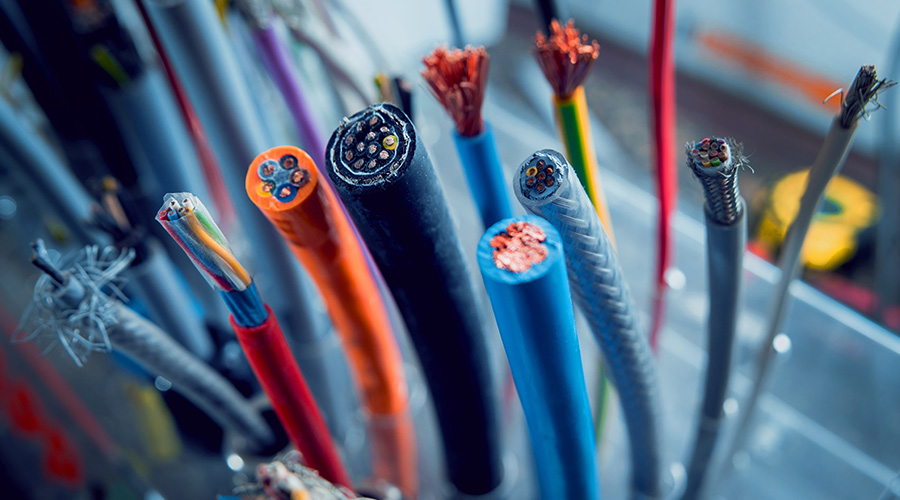What are Common Problems with Diesel Engines?
When a department’s annual preventive maintenance program includes proper maintenance of a diesel-engine generator, troubleshooting repairs will be fewer and less frequent, and standby equipment will be much more reliable.
Technicians can easily correct most problems with diesel engines. Examples of typical problems include low-power complaints caused by a loose throttle linkage or dirty fuel filters, or excessive lubrication oil use caused by leaking gaskets or connections.
Technicians always should check the easiest and most obvious items first to save time and energy, and operators should report troubles with emergency repairs for further checking and recording in the equipment’s history record.
Lubricating oil often sits in engines that operate infrequently or are in storage between seasons, and the oil tends to oxidize. Even though it is not dirty, it requires changing.
Laboratory testing is the best way to determine whether oil or fuels are oxidizing under these conditions, so it is wise to check oils regularly. After several tests, planners will be able to schedule oil changes before the oil actually gets contaminated.
Technicians should start diesel engines in standby service once a week in locations where ambient temperatures remain below 70 degrees and where the air contains a high percentage of humidity. Technicians should start the engine, bring it up to normal operating temperature and run it for about 30 minutes.
They should check electrical equipment for corrosion on relays and switch terminals and check controls for leaks and proper operation. On units in locations where the ambient temperature is above 70 degrees, technicians should perform this starting procedure once every two weeks.
Related Topics:















